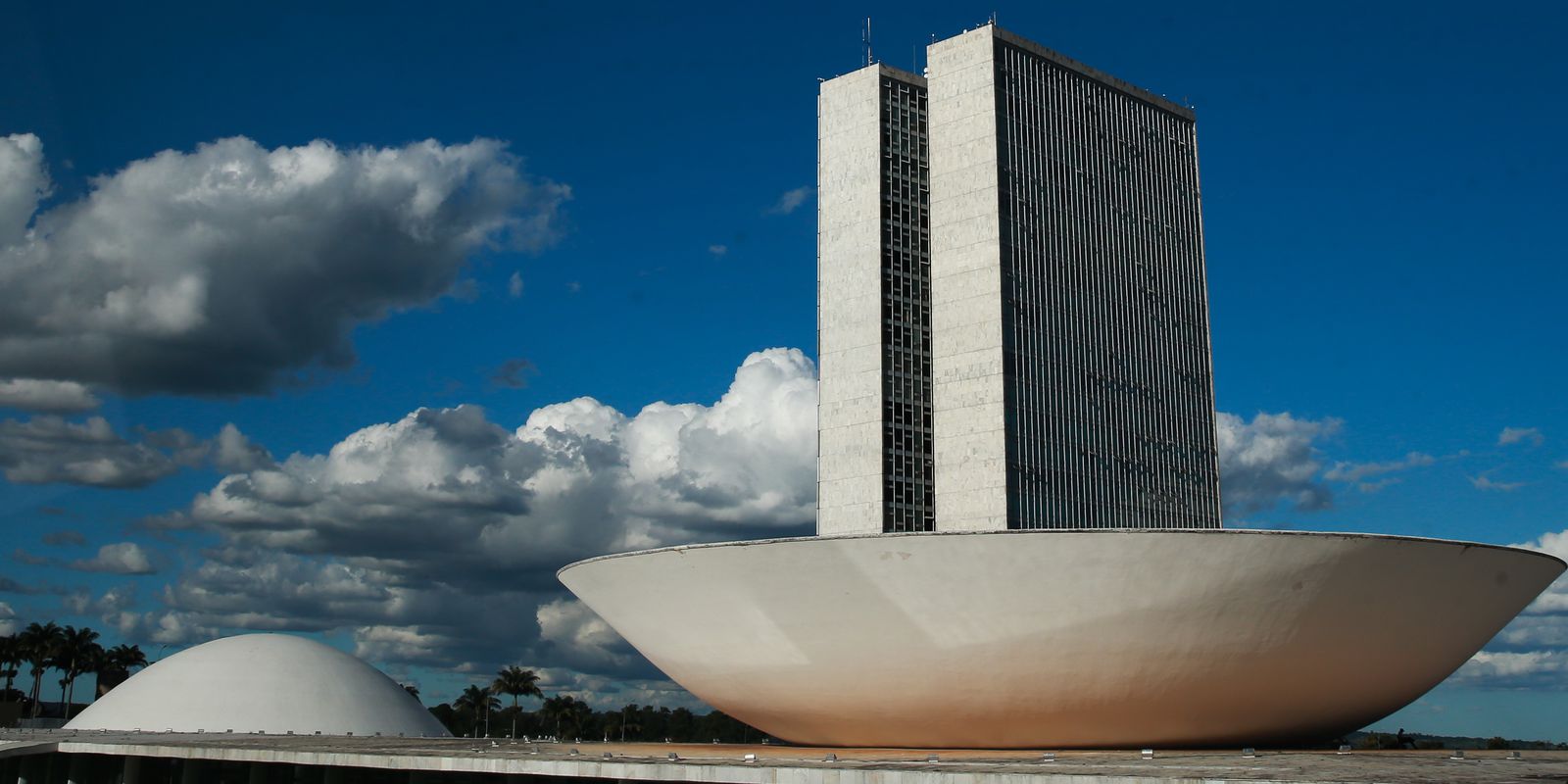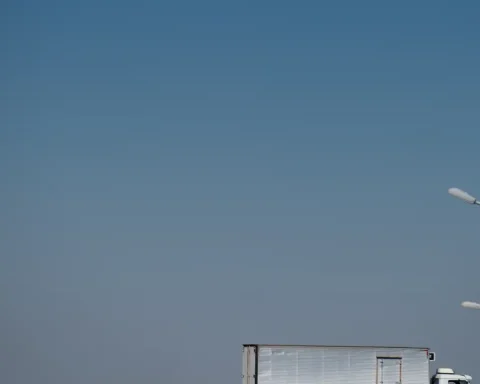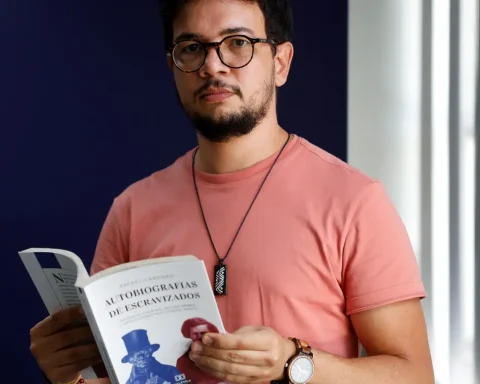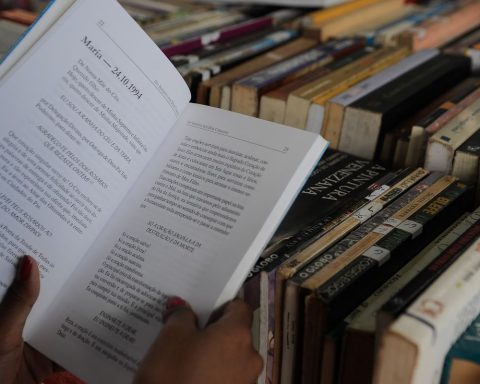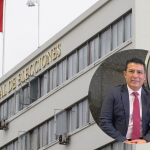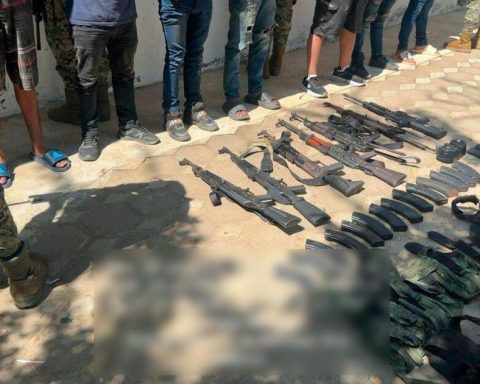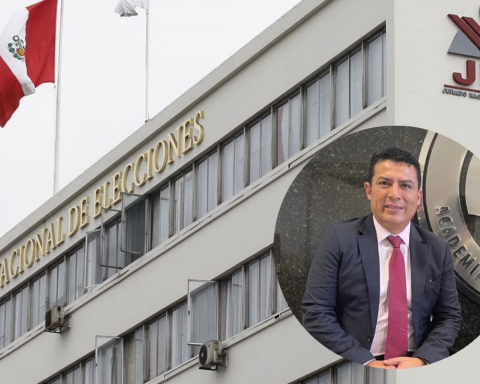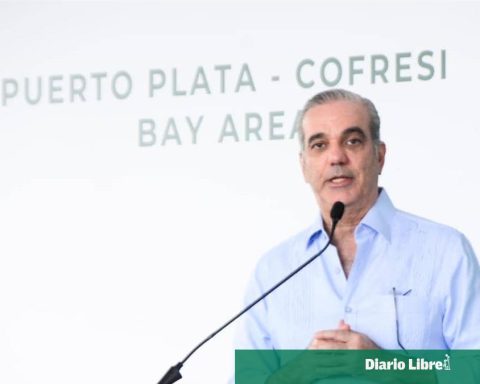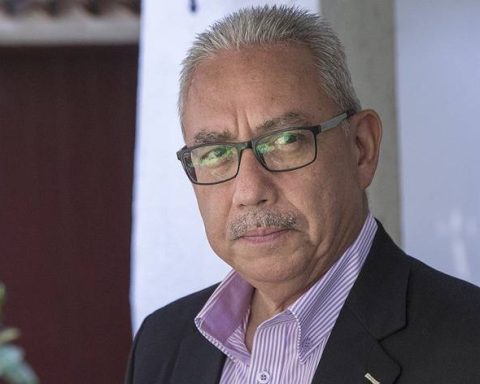Emptied by the electoral period and with matters about to expire, the National Congress officially returns this Monday (1st), after the parliamentary recess. Deputies and senators have until August 7 to approve three provisional measures (MPs), otherwise they will lose their validity.
On the list are the MPs that regulate telework (MP 1108/2022), admit new labor rules during public calamity (MP 1109/2022) and expand funding lines for the Digital Microcredit Simplification Program (MP 1110/2022).
In the Chamber of Deputies, the government leader, deputy Ricardo Barros (Republicans-PR), said that until Friday (5th) there will be a “concentrated effort”, agreed with the president of the House, Arthur Lira (PP-AL). During the period, the idea is to also vote on proposals that expire in October.
A second concerted effort is planned for the last week of August through September 1. In the period, in addition to other MPs, the president of the Chamber should guide matters of consensus among the deputies.
In addition to the MPs about to expire, there are others in the queue. Until the closing of this report, there were 22 MPs on the list. All must be analyzed by the Chamber of Deputies and, if approved, by the Senate.
Among the pending provisional measures is the one that deals with the opening of an extraordinary credit of R$ 27.09 billion in this year’s Budget to pay expanded benefits in the proposed amendment to the constitution (PEC) that provides for the creation of a state of emergency to expand the payment of social benefits.
As an example, the increase in the value of Auxílio Brasil from R$400 to R$600, the readjustment of the gas voucher and the voucher of R$ 1 thousand for truck drivers. These benefits valid until December 31 this year.
With the force of law, as soon as edited by the President of the Republic and published in the Official Diary of the Union, MPs need to be approved by parliamentarians to become definitive. The initial term of an MP is 60 days. The deadline is automatically extended for an equal period, if the text has not been voted on in Congress.
vetoes
On the return of the recess, deputies and senators will also have to analyze, in a joint session, President Bolsonaro’s veto of the rule that revoked the National Security Law and defined crimes against the Democratic Rule of Law (VET 46/2021).
The most controversial passages deal with the dissemination of fake news and the repression of peaceful movements. The vote, scheduled for July, was postponed by agreement between the party leaders.
Tax reform
Elected as a Senate priority by President Rodrigo Pacheco (PSD – MG) and by the President of the Constitution and Justice Commission (CCJ), Senator Davi Alcolumbre (União-AP), tax reform (PEC110/19) did not advance in the first half of the year. , due to lack of consensus and should be left for 2023.
“We are committed to advancing the proposals that are already under discussion, as is the special case of PEC 110. This request is for the productive sector, taxpayers, and subnational entities. We know the complexity of the issue, but we understand that the growth of our country depends on it, being a priority of the National Congress for 2022”, said Pacheco at the opening of the legislative year, still in February.
Under debate for two decades, there is also a proposal on the subject being processed in the Chamber, PEC 45/2019. In common, the proposals of deputies and senators have the extinction of several taxes levied on goods and services.
They would be replaced by a single value-added tax (VAT). The unification of taxes has some advantages: simplicity in collection; decrease in the incidence on consumption; and uniformity across the country.
